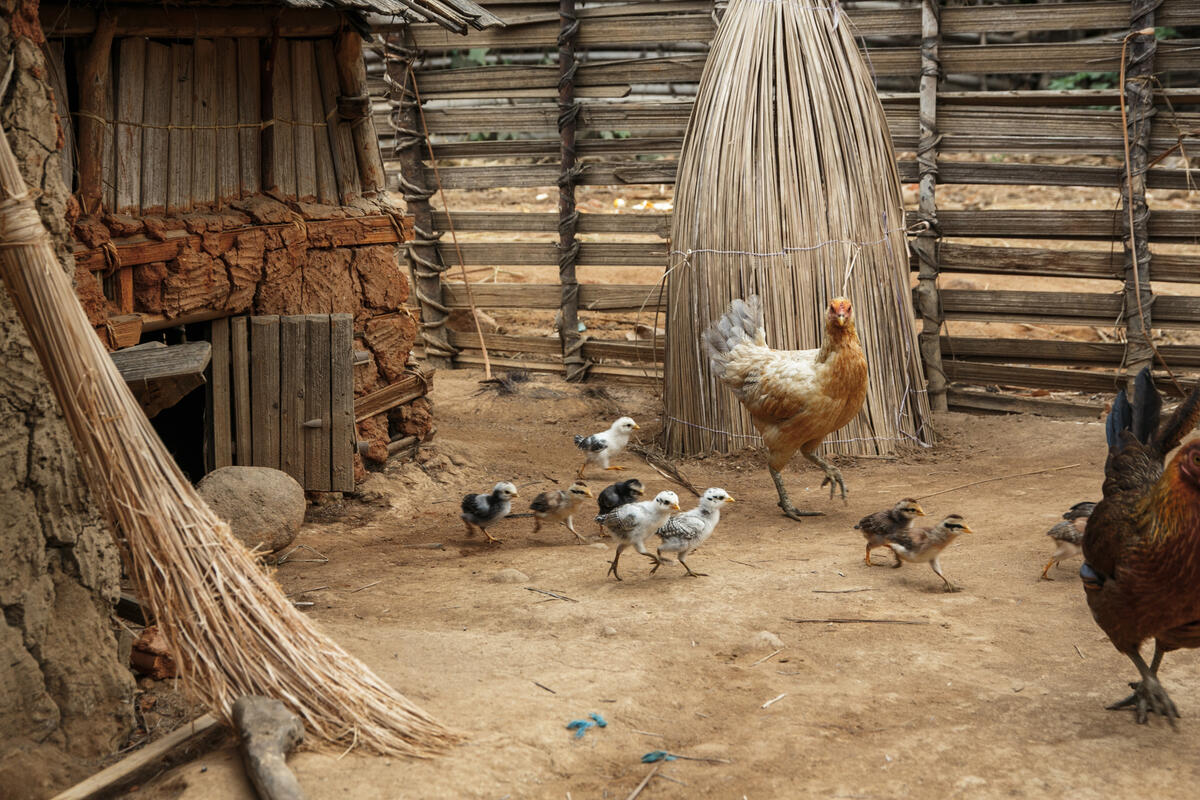When it comes to teenagers, school holidays can often mean a push for extra freedom – and potential for concern for parents.
But testing boundaries is normal, age-appropriate development, say experts at the Australian Government funded parenting website raisingchildren.net.au. The key for parents is to help teens test boundaries safely.
“Exploring new experiences and testing boundaries is an important rite of passage to adulthood,” said raisingchildren.net.au Executive Director Associate Professor Julie Green.
“As teens learn about themselves and their abilities, they sometimes take risks. We often think of risk taking in terms of smoking, drug taking, drinking or sexting. But there are strategies to help with building good foundations for teens take healthy risks in less concerning ways.”
Four things parents can do
· Taking positive risks: Look for activities or programs that allow for positive risk taking such as mountain biking, indoor or outdoor rock-climbing, joining the school play or band, volunteering, theme park rides or testing new tricks at the skate or trampoline park.
· Build self-esteem: Sometimes teens take risks to fit in with a group, but when they feel safe and supported at home it helps them think of consequences and they are less likely to respond to peer pressure. A parent’s love and support is essential for teens’ self-esteem. Building self-esteem includes showing genuine interest in their hobbies and friends and taking time to really listen when they want to talk.
· Have agreed boundaries: It helps if families can talk about their values and rules and set agreed boundaries and expectations with their teens. These will change as they develop and mature to allow them space to grow and try new experiences. For example, families might have agreed rules around curfews that change as teens develop and demonstrate their ability to respond responsibly.
· Support teen decision making: Talking about pros and cons of actions, working through scenarios and brainstorming options on how to say ‘no’ helps teens navigate tricky situations, and can help parents feel more confident in their teen when they are out and about.
· Let teens know you are there to support them, no matter what, and that they can come to you whatever happens.







